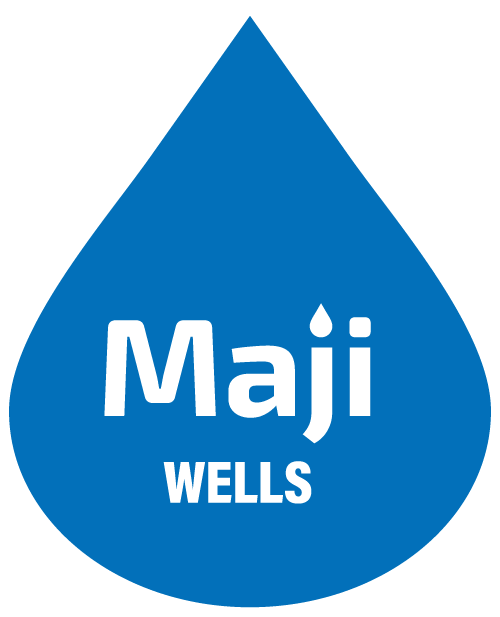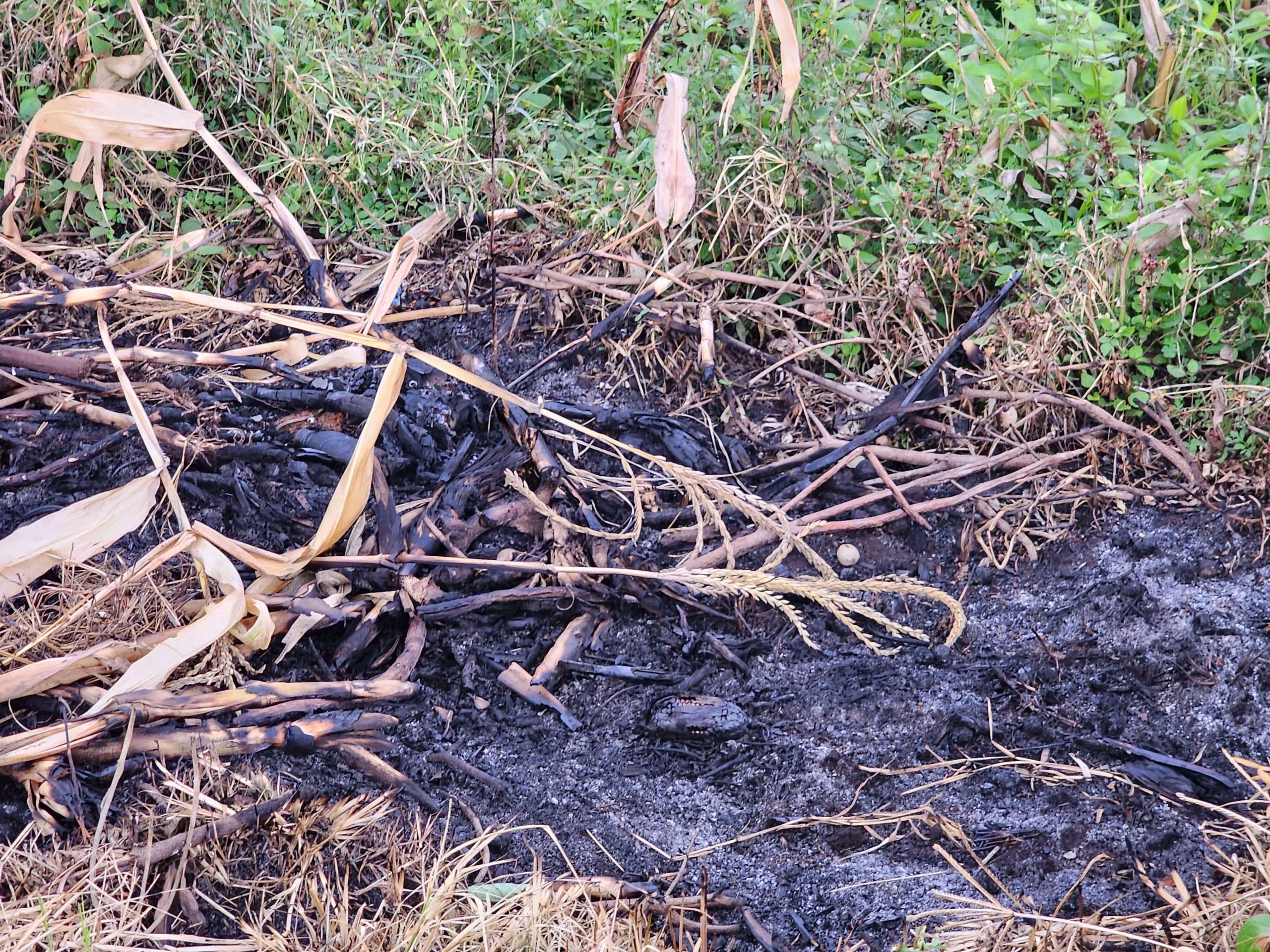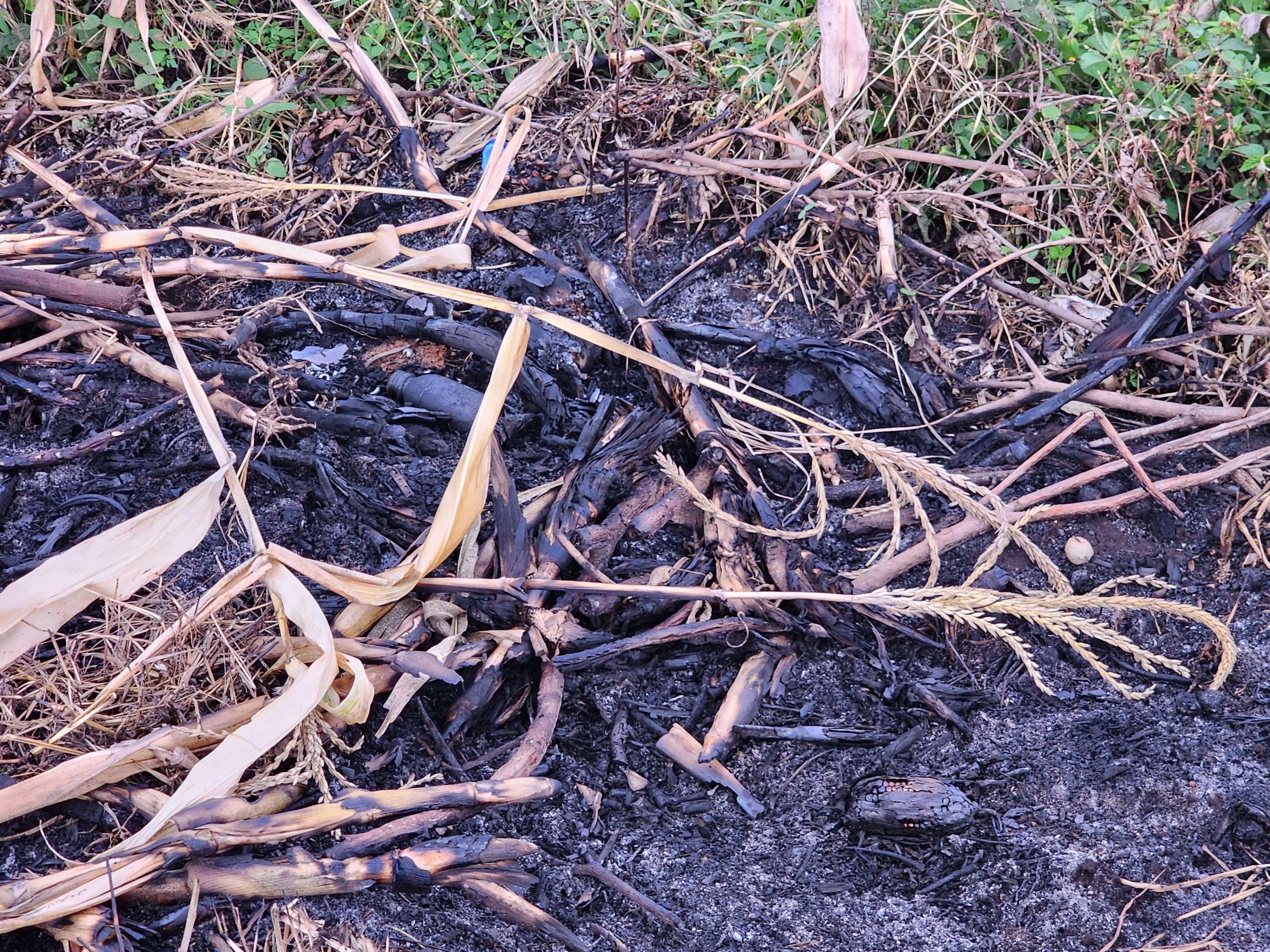Vijiji BiCarbon Project
Africa’s renowned agricultural heritage is a significant source of economic growth and tourism appeal. However, producing maize and other products also generates large amounts of waste, typically burned, resulting in CO2 emissions.
Where & Why
Norhern and Southern part of Tanzania is the birthplace of Tanzania’s maize industry. Annually millions of organic agricultural are wasted daily. Traditionally, this waste is burned, producing hazardous smoke and releasing climate-warming CO2 into the air. On top of this, excessive use of chemical fertilizers creates an imbalance of nutrients in the soil, degrading its fertility. These chemicals also endanger human health when runoff leaches into drinking water. In rural parts of Tanzania, fertilizer contamination of water has led to widespread health complications such as kidney disease.You can Help us change the situation
How & Who
This project will transform agricultural waste from maize (corn), rice and other agricultural residues into an environmentally friendly and valuable product. The project developer, Maji Wells and Vijana Inspiring Foundation, works closely with the plantation owner, to create permanent carbon removals using ancient agricultural practices and innovative technology.
This begins by heating crop residues such as maize stems and rice waste in a kiln with low oxygen levels between 650º to 1,000ºC. On which the process will create a charcoal-like substance called biochar. While it might not look exciting, biochar possesses a special climate-fighting property – a single kilogram removes roughly 2.2 kilograms of CO2 equivalent from the atmosphere. Because it retains moisture and attracts microorganisms, biochar can be used as an organic soil additive to improve soil health. Farmers mix the biochar with compost and plough it into the ground, where it, and the embodied carbon, will remain for up to 1,000 years.
This project shows that switching to organic farming is possible and financially attractive. Biochar is not just better for the environment and human health, it also improves crop yields, leading to greater revenues and enhanced food security. These rural household farmers under Vijiji BiCarbon project will gain additional benefits by selling their biochar to other farmers.
In addition, they earn $120 for each carbon credit. Furthermore, biochar production creates new job opportunities for the local community. Currently, 20 Tanzanian youth are employed by the project as kiln operators.
This project is still in its early stages, but Maji Wells hopes to scale it up quickly thanks to support from carbon credit sales. They expect to produce nearly 500,000 liters of biochar in 2024/2025, removing 111 metric tonnes of CO2e.






